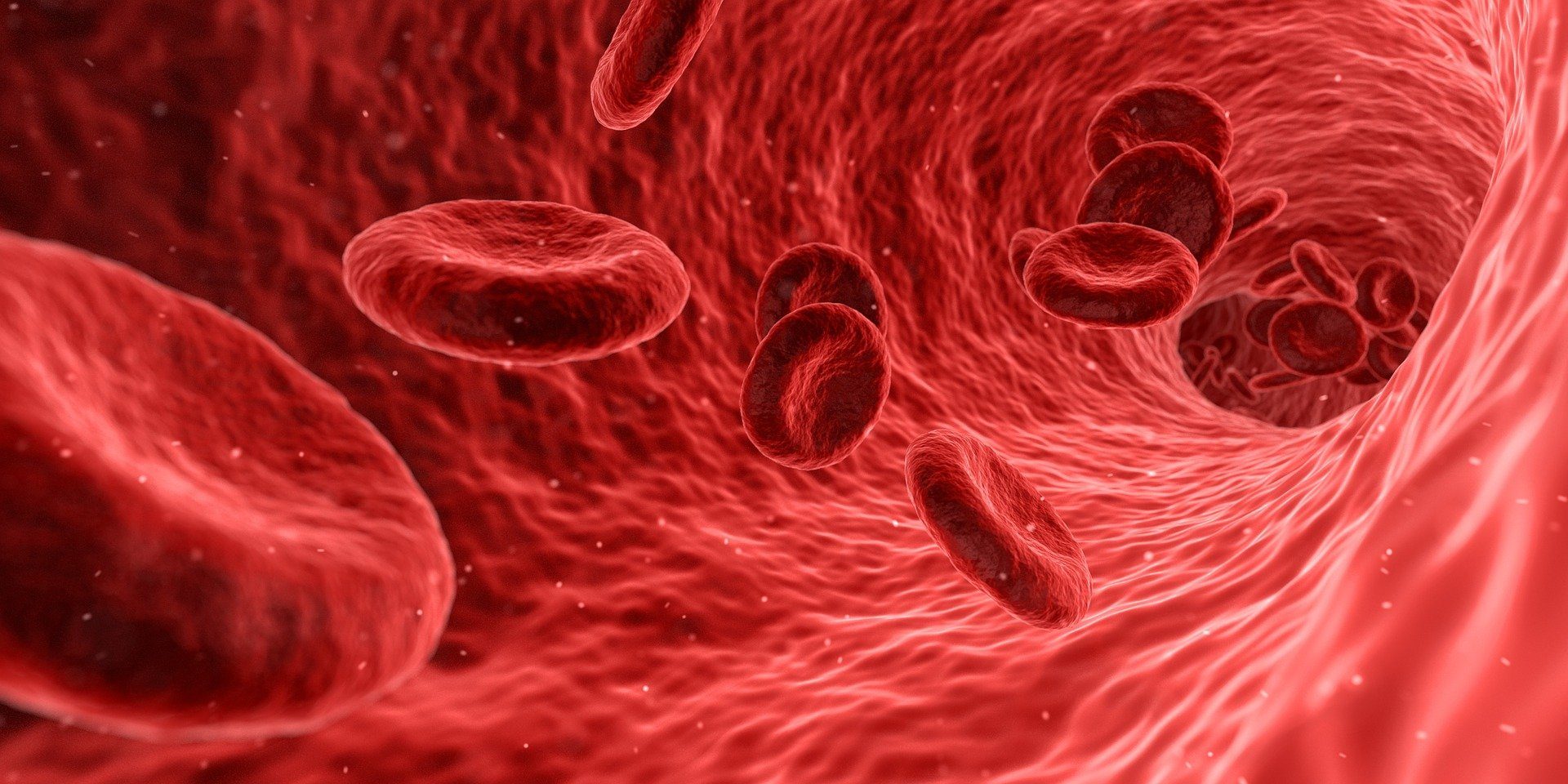The immune response against a viral infection – how the human immune system works
Autumn is already here and captivates us with its beautiful colors, but with it come unpleasant colds, viruses, and diseases. The immune system works in a certain way and if we know what it is, we can help it cope with different weather conditions and situations so that we can be healthy. This applies to absolutely everyone, without exception, because we all have defense mechanisms that work the same, but we need to know them well to maintain them.
What is the immune system?
“Immune system” comes from the Latin word “immunis”, which means “free” or “untouched”. It protects the body from the harmful effects of the environment, infections, viruses, microbes, fungi, toxins, and bacteria and is essential for survival. It is made up of various organs, cells, and proteins that work in sync and after the nervous system, it is the most complex system in the human body.
The immune system has two main parts that complement each other in terms of action and functions:
- Innate immunity, which is acquired at birth – this is the system of rapid response. It is triggered instantly when an invader is located in the body and immediate processes for its elimination begin. Her cells surround him and engulf him, and in time he dies. This type of cell is called a phagocyte;
- Adaptive or acquired immunity, which develops when the body is exposed to microbes or other pathogens – This system produces cells (antibodies) using the innate system to protect the body from a specific invader. These antibodies are developed by cells called B-lymphocytes after the body has been attacked by the invader. Acquired immune system changes throughout life. Immunizations build antibodies to protect you from harmful diseases, just as when the immune system encounters a new type of virus, it tries to develop a defense against it.
The cells of both parts of the immune system are located in different organs such as:
- Adenoids. Two glands located in the back of the nasal passage;
- Spinal cord. Soft, spongy tissue found in the bone cavities;
- Lymph nodes. Small organs shaped like beans that are located throughout the body and connect through the lymph vessels;
- Lymph vessels. A network of channels throughout the body that carries lymphocytes to the lymphoid organs and bloodstream;
- Peyer’s piers. Lymphoid tissue in the small intestine;
- Spleen Fist-sized organ located in the abdominal cavity;
- Thymus. Endocrine gland, composed of two sections located on either side of the trachea;
What components is each immune system made of?
Many cells and organs work together to protect the body. White blood cells, also called leukocytes, play an important role in the immune system. Phagocytes ingest or eat particles or whole microorganisms. Lymphocytes remember the invaders and destroy them, acting uncompromisingly against the invaders.
A neutrophil is a type of phagocyte that fights bacteria. When a bacterial infection is present, doctors may order a blood test to see if this is the cause of neutrophils in the body. There are two types of lymphocytes – B-lymphocytes and T-lymphocytes. They are located in the bone marrow and can either stay there and mature into B cells or go to the thymus gland to become T cells. B-lymphocytes find the external bodies and send defenses against them, and T-cells destroy them.
How does immunity work locally?
When antigens (foreign bodies) are localized, the immune system tries to recognize them and get rid of them – the formation of antibodies in the lymphocytes is triggered. These specialized proteins are fixed on foreign bodies. Antibodies remain in the body and if this antigen is present again, they are ready to protect the body again. Therefore, when someone gets sick and recovers from a disease, such as chickenpox, then they will not get sick again.
This is the principle on which vaccines work to prevent certain diseases. An immunization introduces an antigen into the body in a way that does not make the patient ill. Thus, protective antibodies are formed in the body, but there is a very small percentage of cases in which vaccines do not provide the necessary protection or cause extremely severe and serious allergic reactions or damage.
Although they can recognize an antigen and lock themselves on it, they cannot destroy it without help. This is also the work of T cells. They destroy antigens labeled by antibodies or cells that are infected or altered in some way. (Some T cells are actually called “killer cells.”) They also signal the presence of foreign bodies on other cells (such as phagocytes) so that the process can be completed.
Antibodies can also perform the following great feats:
- Neutralizes toxins (poisonous or harmful substances) from food, beverages, cosmetics and other sources;
- They activate a group of proteins called complement, which are part of the innate immune system. Complement helps kill bacteria, viruses, or infected cells.
These specialized cells and parts of the immune system offer the body protection against disease. This overall protection is called immunity.
How to strengthen the immune system to be healthy?
Here are some ideas to boost your immunity and ensure your health and good tone throughout the flu season.
- Improve your eating habits – Add more soups, cooked meals, and fresh vegetables. Avoid harmful foods and sugar. Add nuts, seeds, legumes, eggs, and light meat like fish. Use cooking and baking without frying. In addition, if you achieve these slight changes in your diet, you will be able to rest assured that you will not gain weight in the winter;
- Give yourself a dream – It is no coincidence that the day is shorter and the night comes earlier. During this time of year, the body needs at least 8 hours of sleep, calm, relaxation, and hot tea to warm us after a cold day;
- Wash your hands more often – This will reduce the risk of bacteria getting into your mouth and body. Before eating, remember when you last washed your hands;
- Eat food that contains probiotics – These beneficial bacteria protect the digestive system and facilitate food processing. They remove toxins and protect us from bacteria and viruses.
- Drink vitamins and minerals – The body needs thirteen different vitamins to be healthy. Zinc is responsible for problems with hair, nails, teeth, mucous membranes, and skin problems. Let’s not forget vitamin C! It helps with all flu conditions, colds, and in liquid form quickly affects sore throats and voice loss. Our Immune Keeper with 15 in 1 immune booster formula, contains vitamin C & D, minerals as zinc, magnesium, selenium, herbs as elderberry, oregano leaf, olive leaf, garlic, and more. It contains the flavonoid Quercetin, check out the full information for HerbaMe Immune Keeper.
- Don’t forget about Iron – Whether you’re a woman with a heavier period, a vegetarian, anemic, or just more prone to getting sick, iron comes to the rescue. It is easily digested and contains natural antioxidants from blueberries.
Enjoy all seasons with a resilient immune system and a healthy body. Be complete and take care of yourself first, thus protecting others around you. Be healthy
Library:
Picture:



